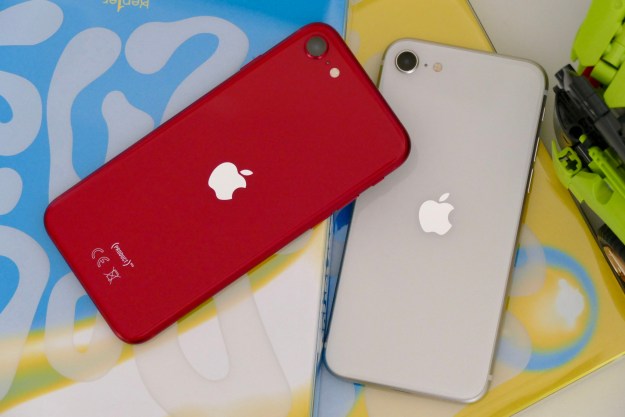
The 11th Circuit Court of Appeals, which has jurisdiction over the U.S. states of Alabama, Georgia, and Florida, issued a ruling that essentially requires law enforcement agencies to obtain warrants before tracking the location of cell phones. The decision may be used in similar cases across the country, thereby challenging the practice of tracking the physical location of suspects through cell phone towers without a warrant. Privacy advocates hailed the ruling as a Fourth Amendment victory.
The three-judge panel issued the ruling in the United States vs. Davis case. Quartavius Davis was sentenced to 162 years in prison for crimes such as robbery and knowing possession of a firearm in furtherance of a crime of violence. Davis was said to have been involved in seven robberies that targeted establishments such as a Little Ceasar’s restaurant, a Walgreens drug store, and a Wendy’s restaurant.
To link Davis to the crimes, the police obtained 11,606 location points, which came to an average of 173 points per day. The phone tracking in this case lasted for 67 days. During the trial, the prosecution presented cell phone location information against Davis, which included a record of the calls he made and the location of the cell towers that carried the calls. The cell site location is said to be sufficient to extrapolate a person’s whereabouts. The authorities gained access to Davis’ phone records through a “D-order” from a federal magistrate judge. To obtain a D-order, authorities only need to claim that information is relevant to an investigation. They are not required to show probable cause.
“Having determined that the privacy theory of Fourth Amendment protection governs this controversy, we conclude that the appellant correctly asserts that the government’s warrantless gathering of his cell site location information violated his reasonable expectation of privacy,” Circuit Judge David Sentell said in his opinion.
“One’s cell phone, unlike an automobile, can accompany its owner anywhere. Thus, the exposure of the cell site location information can convert what would otherwise be a private event into a public one. When one’s whereabouts are not public, then one may have a reasonable expectation of privacy in those whereabouts.”
A coalition comprised of the American Civil Liberties Union, the Center for Democracy and Technology, Electronic Frontier Foundation, and National Association of Criminal Defense Lawyers, who argued the case as a friend of the court, applauded the the ruling, calling it a “resounding defense of the Fourth Amendment’s vitality in the digital age.”
“This opinion puts police on notice that when they want to enlist people’s cell phones as tracking devices, they must get a warrant from a judge based on probable cause. The court soundly repudiates the government’s argument that by merely using a cell phone, people somehow surrender their privacy rights,” said ACLU attorney Nathan Freed Wessler said in a press release.
Jennifer Granick, the Director of Civil Liberties at the Stanford Center for Internet and Society, echoed the ACLU’s praise of the judgment.
“The opinion, United States v. Davis, is both welcome and overdue. Defendants who have and will be physically tracked without a warrant have new legal support to challenge that surveillance. Additionally, because the case involved stored cell site data, Davis undermines the government’s legal arguments that other warrantless ‘metadata’ collection practices are constitutional,” she said in a blog post.
In spite of the court’s ruling, Davis’ conviction, and his 162-year sentence, still stands. The panel said that law enforcement officials relied on good faith over the magistrate judge’s issuance of a D-order.
Editors' Recommendations
- How to turn off precise location on your iPhone (and why you should)
- The iPhone 13’s Face ID will work with your face mask, leaker says
- How to stop apps from tracking your location in Android and iOS


